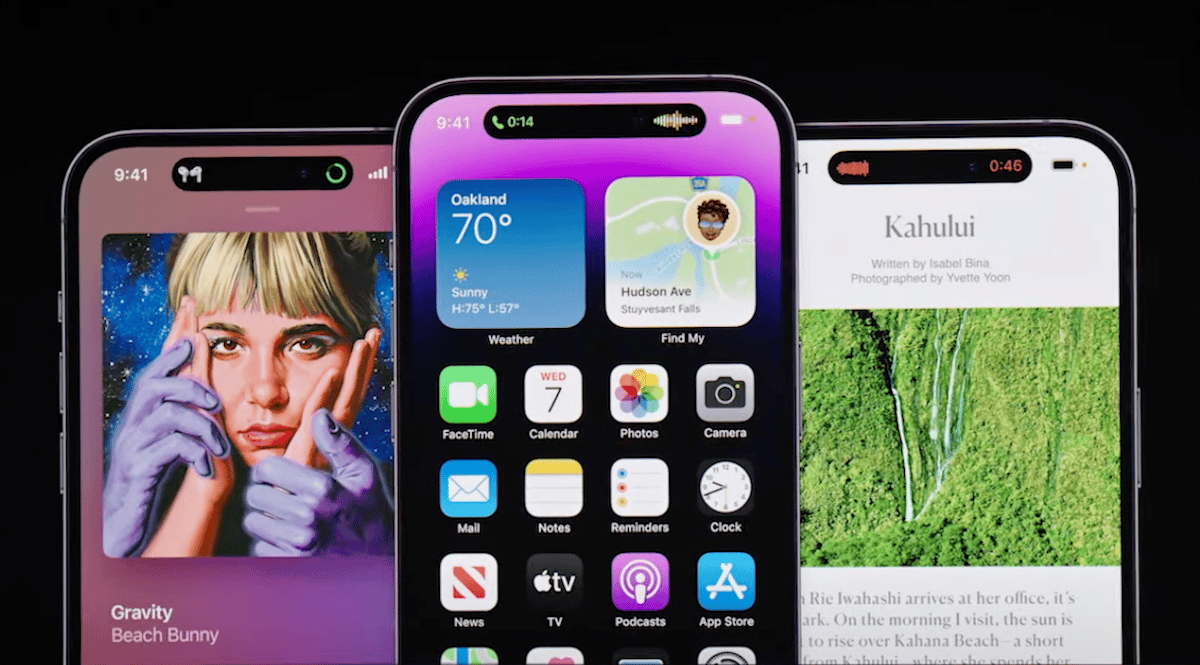In an apparent effort to counteract declining demand in China, Apple has reduced the price of its iPhone 14 Pro models in the region.

Chinese merchants selling iPhone 14 Pro and Pro Max models at discounted price
According to a new report from Bloomberg, JD.com, the second-largest e-commerce site in China, is one of the merchants who recently reduced the price of the iPhone 14 Pro and Pro Max versions by 800 yuan ($118). China Mobile, a state-owned carrier, has also reduced the cost of the phones.
Retailers in Shenzhen have also provided price reductions for the more expensive models of the iPhone 14 series ranging from 600 to 800 yuan. However, the smartphones are still available on Apple’s local website for the same prices.
The sales occurred just after the Lunar New Year when merchants normally anticipate an uptick in foot traffic before schools reopen. Some retailers’ stock of the iPhone 14 Pro variants is reportedly already sold out.
The roughly 7% to 9% price cuts on the iPhone 14 Pro range, according to Bloomberg, paralleled deals on lower-end models, which are generally the first to be reduced. This indicates that Apple is reacting to sluggish demand in the world’s largest smartphone market.

Apple reported a roughly 5% fall in revenue from the same period last year when it revealed its financial results on Thursday for the quarter ending in December. Apple noted a “challenging environment” that includes difficulties in providing iPhones to customers as a result of COVID lockdowns in China.
Apple CEO Tim Cook mentioned a recovery in the Chinese economy on his investors’ call but predicted Apple’s performance would resemble that of the December quarter, implying another 5% year-over-year revenue decline. The March quarter is predicted to see an increase in iPhone revenue.
According to a report by Canalys, China’s smartphone market had annual shipments of 287 million units at the end of 2022, a 14% decline year over year and the first time since 2013 that the nation’s market shipping has gone below 300 million units. Despite the fourth quarter’s growth declining by 24% due to supply concerns, Apple nonetheless managed to achieve a record-high market share of 18% for the year, according to the research.